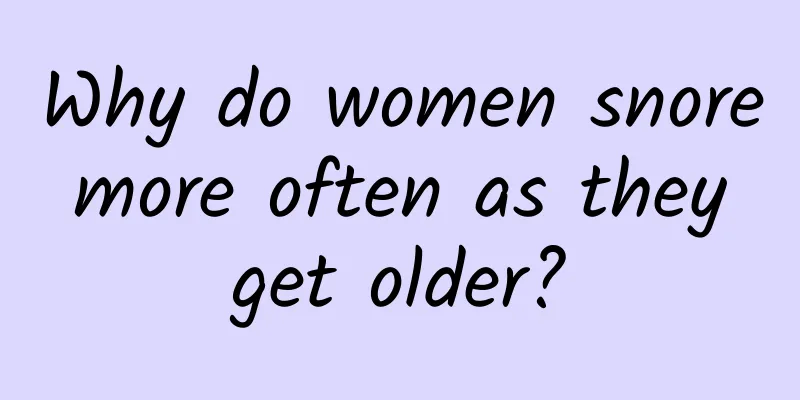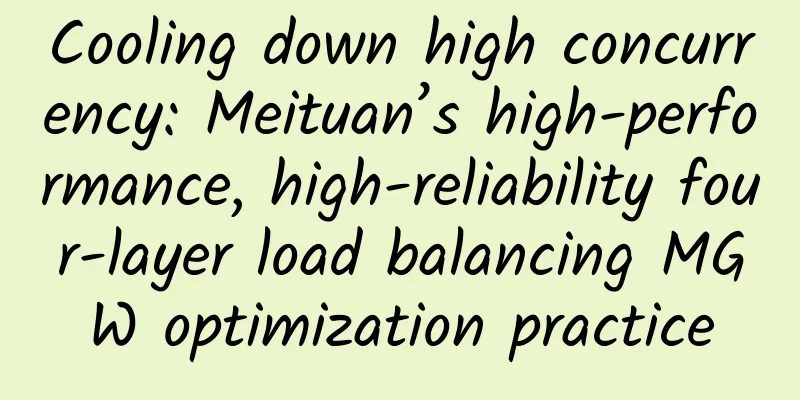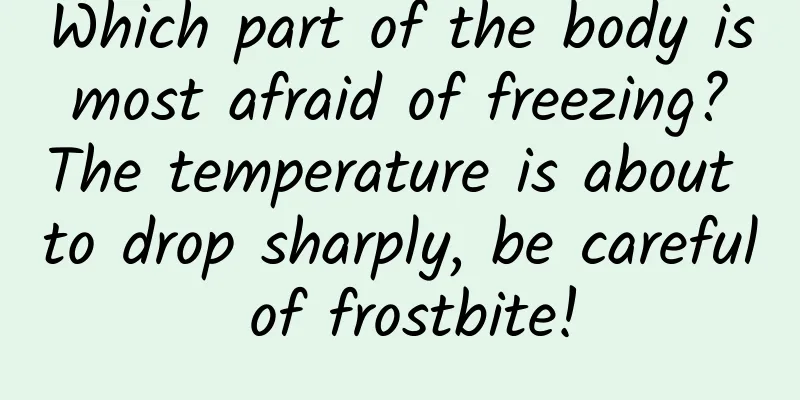Why do women snore more often as they get older?

|
Reviewer of this article: Chen Haixu, Deputy Director and Master Supervisor of the Second Medical Center of PLA General Hospital Middle-aged women with lower estrogen and progesterone levels are more likely to snore, have irregular breathing, and gasp during sleep, which are symptoms of sleep apnea. The involvement of these chemicals means that targeted hormone therapy could be useful for women after menopause, says Kai Triebner of the University of Bergen in Norway, who led the study, published June 22 in the journal PLOS ONE. Copyright image, no permission to reprint "Women live longer on average than men, but in later life, women have a relatively lower quality of life, which is intrinsically linked to their low estrogen levels." "Snoring and sleep-related breathing problems increased," Triebner said. Researchers have long suspected that sleep apnea is linked to menopause, the period when hormone levels drop and menopause ends. Some small studies have pointed to specific roles for estrogen and progesterone, but Triebner and colleagues wanted to test these theories on a larger scale. They interviewed 774 women aged 40 to 67 about their respiratory health and lifestyle. They were mostly white and lived in seven European countries. The team also conducted clinical examinations and collected blood samples. The participants, some of whom had not yet reached menopause, completed questionnaires about their sleep habits and health. Nearly half of women reported having "disturbing snoring," Triebner said. Additionally, 14 percent had irregular breathing and 13 percent gasped during sleep. Blood analysis showed that the participants' estrogen and progesterone levels varied widely, with some women having levels of just a few units per liter and others as high as tens of thousands of units. These changes are clearly linked to sleep apnea. As levels of estrone, a type of estrogen, increased, women were 19 percent less likely to snore. As progesterone levels doubled, women were 9% less likely to snore. Among women who snored, the odds of irregular breathing dropped by 20 percent as estrogen levels doubled. And as progesterone levels doubled, the likelihood of waking up feeling suffocated decreased by 12 percent. All findings were adjusted for women's menopause, age, body mass index, smoking habits and educational background (some of which can affect hormone levels). Copyright image, no permission to reprint The findings suggest a link between menopause and sleep apnea. The link makes sense, Triebner said, considering that some types of estrogen are involved in the formation of respiratory muscles, while progesterone helps stimulate breathing. Sleep apnea is a potentially serious condition that has been linked to heart disease and stroke, Triebner said. Snoring can also cause problems in relationships. "I believe that personalized hormone therapy after menopause has great potential to improve women's quality of life and is likely to significantly improve sleep-disordered breathing," he said. Source: China Science Daily Related paper information: https://doi.org/10.1371/journal.pone.0269569 The watermarked images in this article are from the copyright gallery, and the image content is not authorized for reprinting |
<<: This mountain looks so beautiful!
Recommend
Artificial intelligence predicts death: It is not the god of death, but helps humans live longer
Do not go gentle into that good night Old age sho...
When netizens saw this couplet, they were shocked!
recent In Gaocheng, Shijiazhuang, Hebei One famil...
The 24 poisonous mushrooms in Yunnan have been updated! A must-see for mushroom eaters~
"Let's go! Pick some mushrooms!" &q...
The business methodology of live e-commerce
Judging from the monthly active user scale of sev...
How to write product and promotion copy for Double Eleven?
The annual large-scale shopping festival is comin...
Huawei's first batch of Android Q upgraded models exposed: a total of 11 models
[[268299]] Recently, there have been some news ab...
As cars move towards the era of intelligent suspension, the world's first magnetorheological suspension modification brand, Mangri, is born
●Mangrui launches Ultra MagRheo, the world's ...
Second-tier e-commerce ▏ Douyin Luban hot-selling product category launch summary!
Information flow platforms all have popular produ...
Weekly crooked review: To be honest, how old are you if you keep talking about the cold winter?
In the past, the transportation was slow, the let...
Is weight loss chocolate a "tax on IQ" or is it true?
"Calories, my natural enemy!" VS "...
Is the “four-hour sleep method” reliable? Experts remind →
Recently, Zhang Chaoyang, founder of Sohu, talked...
Do you know all the 6 ways for mobile game users to acquire games?
There are generally two ways for a user to obtain...
Snakes in the Year of the Snake | This snake likes to pretend to be a "cobra", but has been a pet for humans for a hundred years
This year is the Year of the Snake, and the Year ...
Psychological counseling WeChat mini program function, how to make WeChat psychological test mini program?
Nowadays, with the continuous improvement of peop...
8 trends in brand IP marketing in 2020
Looking back at 2019, various popular IP content ...









